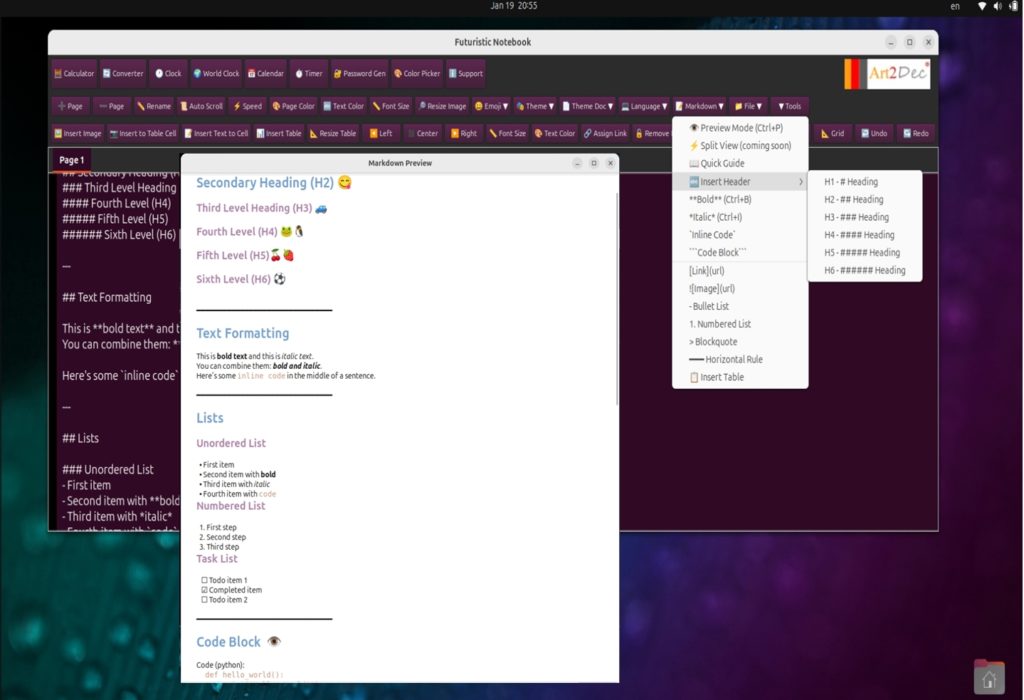8 bytes (64 items) Bash Snippets Collection —
About This Collection
This is a comprehensive set of 64 ready-to-run Bash script snippets designed to help you master shell scripting in Ubuntu/Debian environments. Each snippet is a complete, working example that demonstrates a specific scripting technique or solves a common task. Documentation was generated with mshell v.1.4.1 (shell for AI and Mathematics) and md file with code was checked to run by mshell v.1.4.1
What you’ll find here:
Variable declaration, manipulation, and scope management
String operations (length, concatenation, case conversion, substring extraction)
Arithmetic operations and numeric comparisons
Control structures (if/else, for loops, while loops, case statements)
Arrays and iteration techniques
File and directory operations (creation, deletion, copying, searching)
Text processing (grep, sed, line counting, pattern matching)
Functions with parameters and return values
Command-line argument handling
Date/time operations and system information retrieval
Who is this for:
Linux beginners learning Bash scripting
System administrators automating routine tasks
Developers writing deployment or build scripts
Anyone preparing for DevOps/SRE interviews
Environment: All scripts are tested and verified to run on Ubuntu 24.04 as a regular user (no root required). They use /tmp for temporary files with $$ (process ID) for uniqueness and clean up after themselves.
How to use: Each snippet is a complete, self-contained script. Copy the code block, save it to a .sh file, make it executable with chmod +x script.sh, and run it with ./script.sh. Experiment by changing values and parameters to deepen your understanding.



